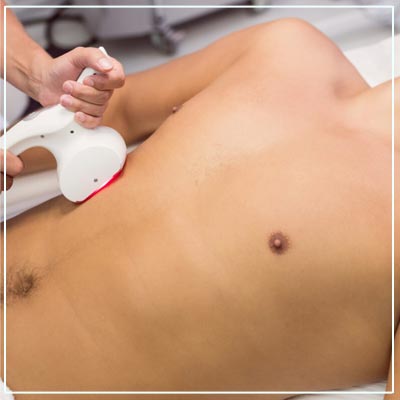The success of a hair transplant depends on various factors, including:
- Patient Selection: The choice of suitable candidates is crucial. Candidates should have realistic expectations, sufficient donor hair, and good overall health.
- Surgeon’s Skill and Experience: The surgeon’s expertise, experience, and skill in performing hair transplantation procedures play a significant role in achieving successful outcomes. A skilled surgeon can create a natural-looking hairline and minimize scarring.
- Donor Hair Quality: The quality, density, and characteristics of the donor hair from the back or sides of the scalp are essential factors. Healthier donor hair tends to yield better results.
- Hair Loss Pattern: The pattern and extent of hair loss can influence the success of a hair transplant. Patients with limited or early-stage hair loss often have more favorable outcomes.
- Hair Transplant Technique: The choice of hair transplant technique, such as Follicular Unit Transplantation (FUT) or Follicular Unit Extraction (FUE), can impact the success of the procedure. Both techniques have their advantages and considerations.
- Graft Survival: The careful handling and preservation of grafts during extraction and transplantation are critical. Ensuring grafts receive adequate blood supply and are placed correctly is essential for their survival.
- Recipient Site Preparation: Creating the recipient sites (recipient area incisions) at the correct angle, depth, and distribution is crucial for achieving a natural look and proper graft placement.
- Post-Operative Care: Following post-operative care instructions provided by the surgeon is essential. This includes caring for the transplanted area, avoiding strenuous activities, and adhering to any prescribed medications.
- Healing and Scarring: The body’s healing process and the formation of scars can affect the final result. Proper wound care and minimizing the appearance of scars are important considerations.
- Patient Compliance: Patient compliance with post-operative instructions, including avoiding smoking, alcohol, and certain medications, can impact the healing process and graft survival.
- Expectations: Realistic expectations about the outcomes are crucial. While hair transplantation can significantly improve appearance, it may not fully restore the density of natural, non-balding hair.
- Follow-Up and Maintenance: Regular follow-up appointments and long-term maintenance may be necessary to monitor progress, address any concerns, and optimize results.
It’s important to note that individual responses to hair transplantation can vary, and not all patients will achieve identical results. A thorough consultation with a qualified hair transplant specialist is essential to assess candidacy, discuss goals, and plan the procedure accordingly. During the consultation, the surgeon can provide a more personalized assessment of the factors that may influence the success of the specific case.
For more information, Consult Dr. Deepam Shah practicing at Viva Aesthetic Clinic as he considered Best Hair transplant in Mumbai



